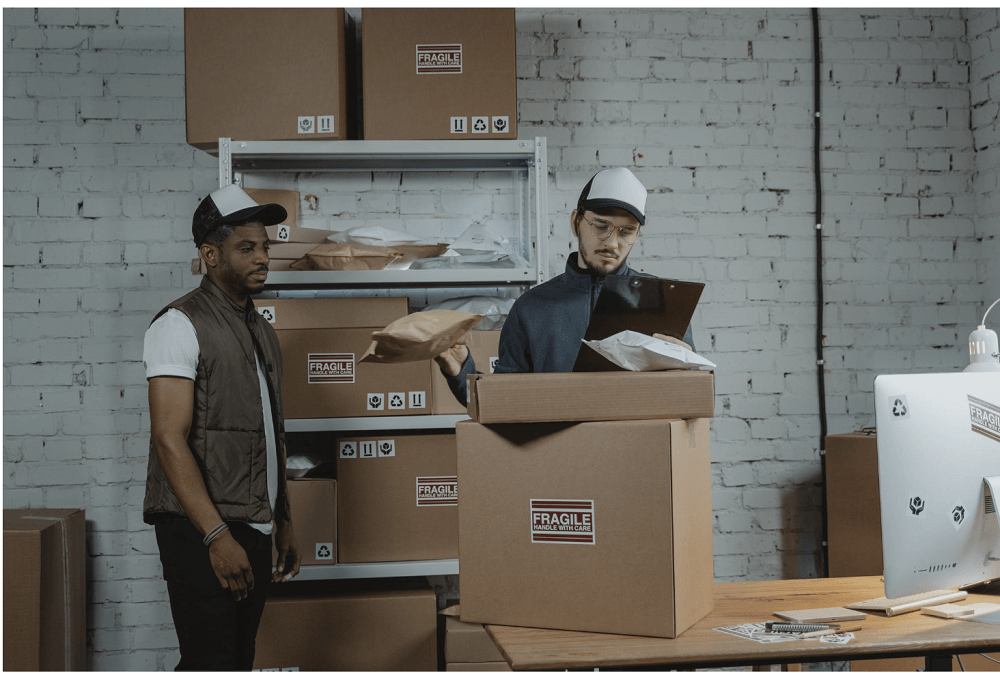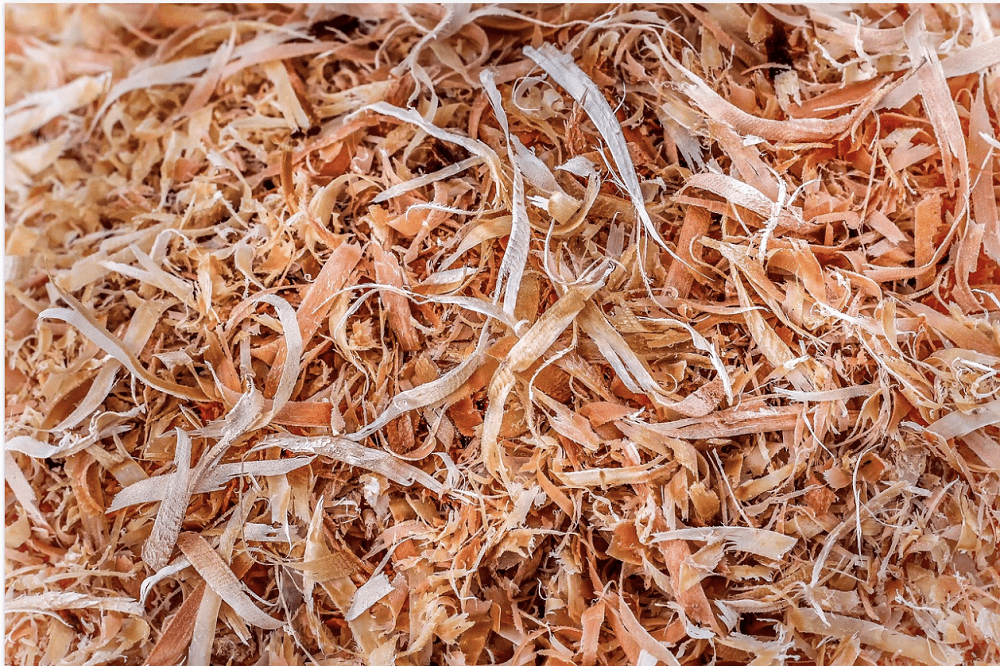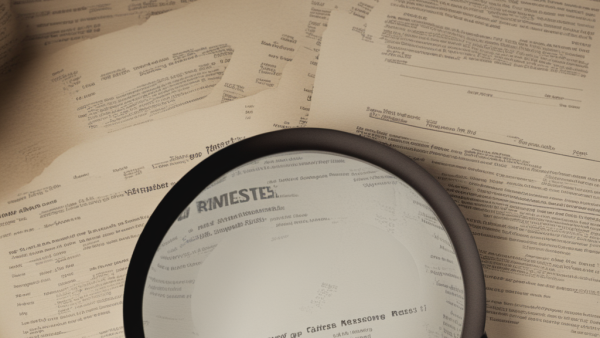
by Sam Franklin | August 05, 2022 | 11 min read
What is dunnage? Definition, types, and which one to use
Get fundedLast updated: September 02, 2022
During shipping, it’s essential to secure and protect your cargo to ensure that it arrives safely without any damages. Therefore, as an eCommerce business, you need to work with a shipping partner that pays attention to the safety of your cargo to avoid returns. Statistics show that 20% of consumers return items because they received damaged products.
Most of these damages happen during shipping and handling, especially if the packages don’t have enough cushioning to protect them. To avoid such issues, fulfilment and shipping companies use some form of dunnage to secure orders.
Dunnage is important for all industries, whether you are shipping small or large items. Because of this, the dunnage packaging market is projected to grow to $4 billion by 2024, at a CAGR of 5% due to the high demand for dunnage material for shipping.
In this article, we’ll look at why dunnage is important, the different types of dunnage, and why you should use the right type of dunnage when shipping.
Table of contents
What is dunnage?
Dunnage is a common term in the shipping industry that describes the padding or loose materials in a shipping container used to protect and support cargo during transportation and handling. Dunnage includes materials like kraft paper, crinkle paper, air pillows, custom blocks, and packing peanuts that fill the spaces between items so they stay in place.
As an important component of the shipping process, dunnage is made up of various inexpensive materials such as plastic, wood, foam, or corrugated paper. It works best when it is used together with a suitable poly bag or right-sized box. Therefore, when using dunnage, ensure that your product is also packaged in a size-appropriate box to avoid any damages.
Additionally, dunnage should have low compressibility and high density so that it does not move too much during transport to avoid causing damage to nearby items. To minimise weight-related shipping costs, it’s advisable to find dunnage material that’s lightweight while effective.
Different products need different types of dunnage depending on the weight, fragility, and risk of damage. For instance, if you are shipping fragile items made of glass, you’ll need cushioning with materials like foam or bubble wrap. However, some items with a low risk of damage don’t need added protection.
There are primarily three types of dunnage:
Kit packs or component packs: They hold all the parts of the specific item or product in place. This helps reduce the number of containers used to carry individual parts.
Custom dunnage: This type of dunnage is developed to meet the customer’s specific needs.
Multi-material varieties: It’s constructed using several materials to boost safety during transportation.
The role of dunnage
During the entire fulfilment process, cargo goes through various rough conditions as they are moved from the warehouse facilities to the ship or trucks. Packages are exposed to unpredictable weather conditions, different storage facilities, or even vehicle collisions that can damage them.
Therefore, shippers have to use materials to cushion and protect the items from shocks and any movements until they reach their destination. Here are the main reasons why dunnage is important.
Shock absorption
Dunnage provides shock absorption when the cargo slides across a ship. It prevents the items from vibrations that come about due to movement or package collision during transportation.
If the cargo contains delicate items, they might crack or break when the items crash into each other. Therefore, shipping companies add dunnage such as cardboard inserts or wrapped plastic to cushion the items and prevent damage. This also applies to items that are unbreakable. Dunnage helps prevent wear and tear on the boxes in case they split open after being punctured.
Moisture protection
Environmental conditions can be quite unpredictable from the time the order is placed until it arrives at the customer’s destination. The weather might change depending on where your items are being transported to. For this reason, it’s advisable to protect them from these climatic changes, especially if it starts raining or snowing.
Items such as electronic gadgets are susceptible to exposure to moisture which can damage them. If you are transporting such sensitive items, you need proper dunnage to protect them. Snowy and rainy days can affect your shipping boxes and lead to leaks inside the packages. To avoid this, you need dunnage like bubble wrap that keeps the moisture out and your cargo intact.
Shippers use floor dunnage on cargo ships, to protect moisture-sensitive shipments from the sweat that forms on the floor of the ship. This works by holding the cargo above the deck which allows the moisture to flow underneath without damaging the items. Couriers use crisscrossed dunnage or double layers to protect delicate cargo.
Handling
Dunnage facilitates the handling of cargo. If you are shipping heavy items such as couches, it can be challenging to transport them. To make handling easier, shipping companies use wooden dunnage to distribute the weight evenly. This makes it easy to manoeuvre and carry the items.
Dunnage types
Shipping agents use a specific dunnage material depending on the merchandise to be shipped. Since there’s a wide variety of dunnage materials, it is easy to choose one that fits your items. For instance, if you are shipping small packages, cheap, lightweight materials like bubble wrap are ideal.
If the cargo is heavy and costly, you can use materials such as steel. Additionally, shipping agents also customise dunnage for products with unique dimensions.
Here are the different types of dunnage available in the market.
1. Solid dunnage materials
These materials are used for heavy cargo.
Wood
Wood is a heavyweight dunnage material used by shipping companies to protect strong goods. It comes in handy when you need to create barriers between products, partition your containers or prevent packages from touching the ship’s deck. Rough lumber and plywood are commonly used as wood dunnage.
Wood dunnage is one of the easiest to get because it's readily available in production facilities and warehouses. In addition, it’s also environmentally sustainable because it's entirely renewable. However, it has some drawbacks because some ports impose custom duties on the wood dunnage and some countries have rules to prevent foreign pests from their shores.
Steel
Steel is one of the most expensive dunnage materials and is commonly used for high-value cargo. Shipping agents also use steel to keep heavy items in place so that they don’t damage the light materials, especially if they are in the same container.
Solid plastic
Solid plastic dunnage is used when shipping high-value, industrial shipments. Since it is made from high-density polyethene, which is durable and sturdy, it prevents abrasions. This rigid plastic makes it easy for shippers to stack pallets and protect sharp or heavy items.
An advantage of these solid plastics is that they are moulded in various shapes that can fit in any container; therefore, they are ideal if your products have unusual sizes. In addition, solid plastic is quite costly compared to other forms of dunnage but it's worth the investment if you need to transport high-value cargo.
2. Soft dunnage materials
Soft dunnage options are used when transporting lightweight and small packages. Here are the different types.
Bubble wrap and air pillows

One of the most commonly used materials in the shipping industry is bubble wrap. This flexible transparent material is used when shipping products such as fragile items made of glass or other breakable items or electronics. Bubble wrap is inexpensive; therefore, it can be reused several times as long as the bubbles don't pop. Cargo needs to be wrapped in several layers.
On the other hand, air pillows are plastic products used to cushion fragile items. Made from a non-abrasive polymer, they keep your cargo from scratching and chipping. Air pillows offer protection during shipping by shielding products from the edges of the outer packaging. They create barriers by filling the empty spaces.
Air pillows are lightweight; therefore, they don’t add much to the shipping costs. They also don’t take up a lot of floor space during storage.
Foam wrap
Foam is mostly used to pad fragile, sensitive or sharp items such as medical equipment and electronics. It’s also ideal for lining small shipping envelopes; it protects the contents from physical damage.
Packing peanuts / styrofoam balls
Packing peanuts or styrofoam balls are less used due to their negative effect on the environment and because you need a lot to ship very small packages. However, they protect your cargo by creating a barrier between the item and the outer packaging.
Plastic foil/film
Shipping companies also use plastic foil or film to wrap items. This covers the items entirely and protects them from any damage. This dunnage can be used if you are shipping small packages that are not too heavy.
Wood chips

Wood chips can be used in wet and dry environments. They protect goods during storage and shipping. These materials are a good dunnage choice if there is moisture when packing materials. Since they don’t conduct electricity or heat, they are ideal to use in harsh environments where temperatures change dramatically.
Apart from using wood chips for cushioning, some shipping companies that deal in glass items may fill the boxes with different material densities depending on the cost and distance. When packing delicate items, you can use a mixture of plastic and wood chip dunnage. Wood chips are a type of eco-friendly packaging because they are recyclable and reusable.
3. Paper-based dunnage materials
These materials are also used for lightweight cargo. Here are the different types.
Cardboard
Cardboard is inexpensive and can be used as a dunnage material for your cargo. You can buy shredded cardboard or cut up your old cardboard boxes into thin sheets. This material is robust, recyclable, flexible, and is mostly used to ship jars, bottles, and other breakables.
Kraft paper
Kraft paper is a highly elastic, tear-resistant and permeable type of paper. This material is used to package items that need strength and durability. It's a popular dunnage choice because it's cheap, light-weight, strong and durable. In addition, it conforms to environmental regulations.
Corrugated paper
Corrugated paper is commonly used to fill spaces like the pallet under-hang. These materials are easy to install, lightweight, and reliable. You can use them to stabilise bulk bins, bags, and other containers by holding items in place and preventing movement.
Although they are not designed for heavy materials, their high-tech construction allows them to support a wide range of weights and help with moisture protection. They are popularly used in the automobile and hardware industry.
4. Custom dunnage solutions
These packaging solutions are tailored to suit items with unique dimensions.
Moulded styrofoam
If you ship electronics, moulded foam is used because it fits snugly around a product. This material is used to package items such as headphones, televisions, or computer equipment before they are slipped into a box. Moulded styrofoam provides shock absorption and prevents damage.
Why you should use the right type of dunnage
Choosing the right type of dunnage is important for the following reasons.
Protect your products
When your cargo is surrounded by sturdy packaging materials, they will move less during transit, protecting them from damage.
Reduce returns
If your orders arrive at your customers’ door damaged, the first option is to return them to the company. Using the right type of dunnage ensures that the items arrive in good condition. This protects your reputation and prevents you from losing clients.
Speed up the packing process
With proper dunnage, you’ll lower the labour costs. Employees don’t have to spend a lot of time looking for materials. Your packing process will also be faster; therefore, you’ll need fewer staff members to complete the process.
Conclusion
Dunnage is an important part of the fulfilment process. Your products need to ensure that your products arrive safely without any damage. You need to choose a shipping and logistics companythat will use the right type of dunnage material depending on the items you need to ship to avoid costly damages. When your items are damaged, you’ll have more order returns and incur more business losses.
Written by

Sam founded his first startup back in 2010 and has since been building startups in the Content Marketing, SEO, eCommerce and SaaS verticals. Sam is a generalist with deep knowledge of lead generation and scaling acquisition and sales.


